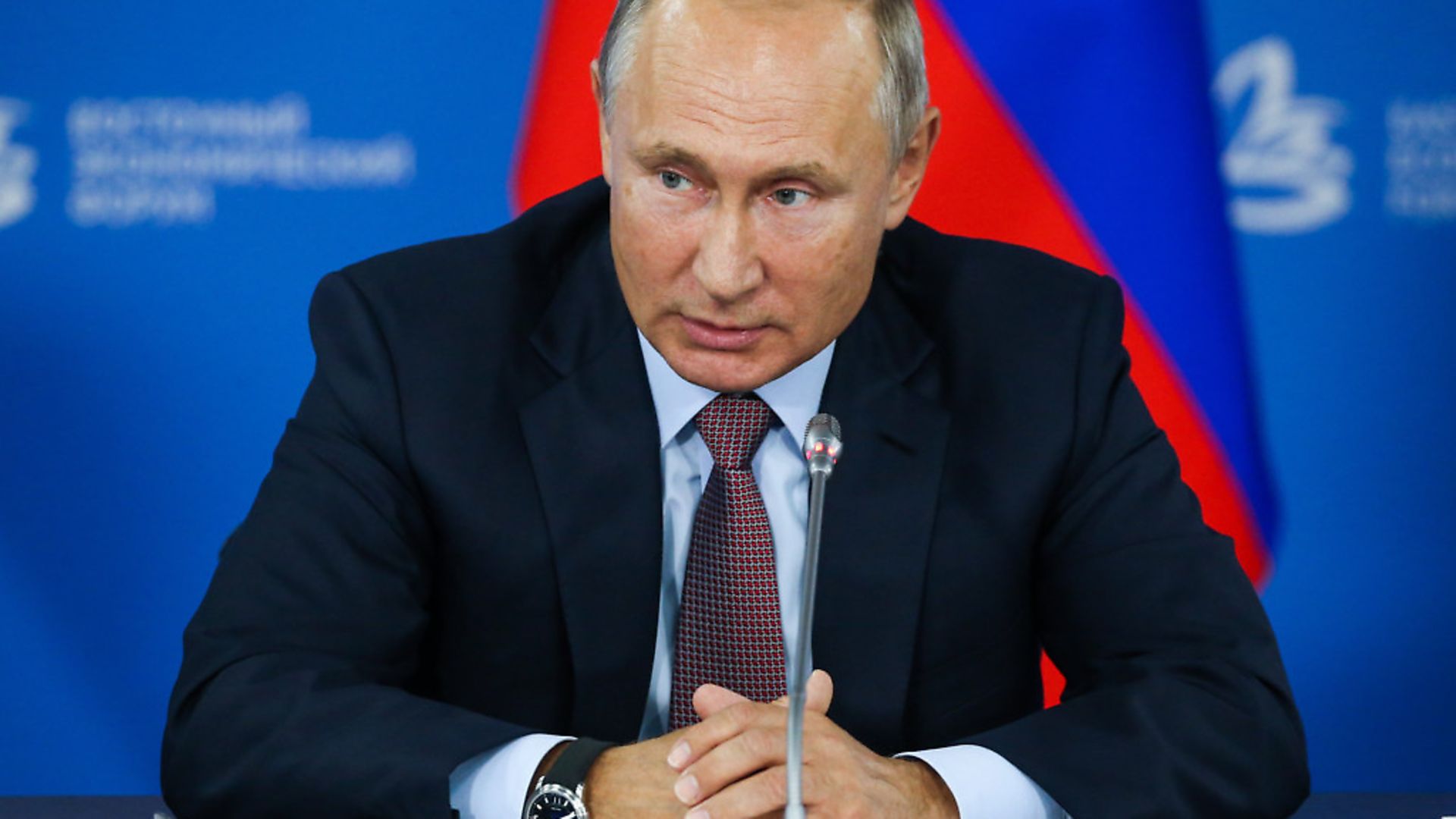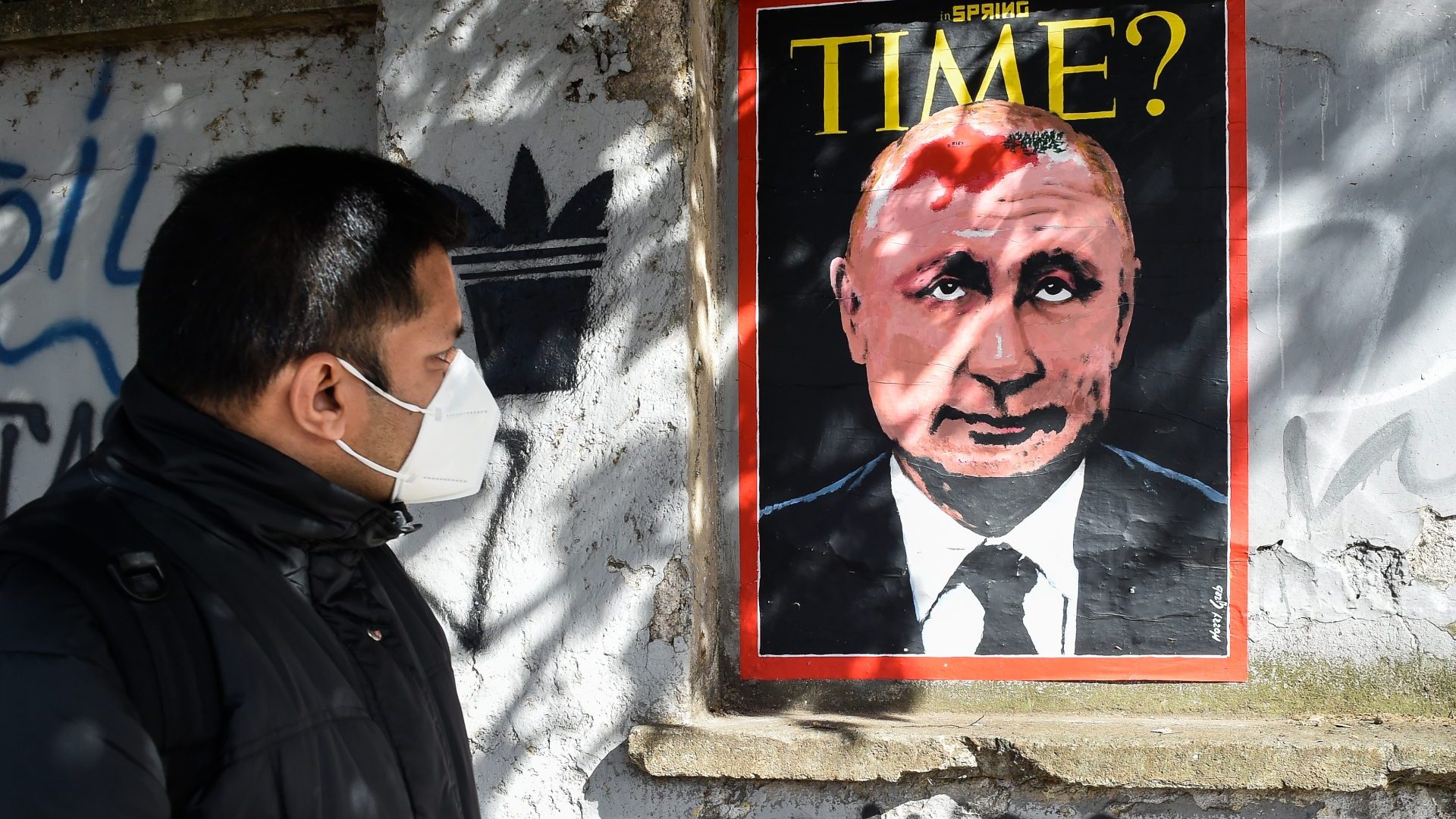The great pessimistic philosopher Arthur Schopenhauer was born in Danzig on February 22, 1788. As a student, he took courses in entomology, and he later used a macabre description of an insect in his writing. The Australian bulldog ant when cut into two, he wrote, keeps attacking itself. The head bites the tail and the tail stings the head. This continues until both parts are dead or other ants come along and drag off what’s left.
This image encapsulates Schopenhauer’s view of the struggle of individuals against each other. We are all part of the will, the life force that surges through everything, and so at the deepest metaphysical level are one. Yet as individuals we’re blind to this and turn on each other. Human violence is as self-destructive as the ant’s self-mutilation.
As the build-up of Russian forces on the borders of Ukraine edges Europe closer to war, and China continues to threaten an invasion of Taiwan, Schopenhauer’s pessimism about humanity’s capacity for self-destruction seems more like grim realism than an exaggeration.
You don’t have to accept his metaphysical claim that behind the veil of appearances we are all part of the will to see that we share a common humanity and that our interests lie in not tearing each other apart. Yet we still do it.
In his book The Better Angels of Our Nature (2011), Steven Pinker is far more optimistic. He claims that the chances of anyone dying a violent death have decreased significantly over time, and that hope lies in reason, empathy, and self-control. Pinker believes we can continue this shift away from violence towards co-operation and altruism.
I hope he is right, but fear that the destructive power of today’s weapons is so great that this trend might not last. Schopenhauer’s darker vision, in which man is a wolf to man, seems closer to what we can see happening around us today.
In the present stand-off, everything depends on how world leaders exercise power. There are many ways to think about power, and it’s somewhat arbitrary how we define it, but I’ve found the sociologist Steven Lukes’ discussion of what he called the three faces of power useful.
Lukes distinguishes power from force. The most straightforward kind of power is when an individual or group makes others do something without needing force.
If Vladimir Putin squeezes a promise from Ukraine never to join Nato, that will be an exercise of power. If he invades Ukraine and achieves that as one of his goals, that’s force.
Joe Biden has power too, and how he exercises it will shape the outcome here. It’s as if two very strong magnets with poles opposed are facing each other across Ukraine. The question is how much each one is prepared to push, how much each will back away, and, of course, how much power each actually has.
In the background somewhere the recent visits to Russia by the UK foreign secretary, Liz Truss, and the prime minister, Boris Johnson, modelled what it is like for a nation no longer to have power. It was clear to most of us that neither could be effective in relation to Ukraine and that their trips were destined to be little more than photo opportunities.
Lukes’ second dimension of power is about who sets the agenda. The person with real power can determine what is discussed and what gets ignored or kicked into the steppes.
Here there can be little doubt that the Russian president has already demonstrated his power. The questions are all coming from him, and issues about international law, human rights and national sovereignty have been sidelined. Again, the powerlessness of British politicians has been in full view.
The third face of power for Lukes is somewhat different. He describes the sort of power exercised in ideology, in the subtle ways that our thoughts and beliefs can be influenced, even making us desire things that are against our own interests.
Who knows what part is being played by social media in this respect, but we have already seen with Brexit how, like bulldog ants, at least some of us can be influenced to choose things that are the equivalent of attacking our own tails.
As these power games play out in Europe in ways that will affect us all, we can hope that the key players will use reason and self-control to negotiate a position that results in peace and avoids the violence of war. If not, viewed from a distant planet, we will once again look like those bulldog ants devouring their own tails.



